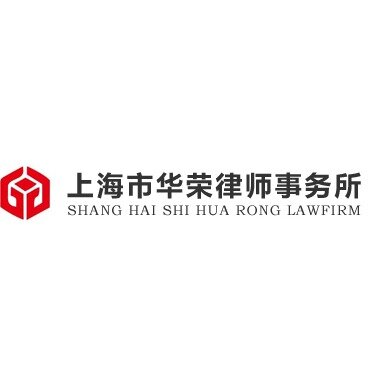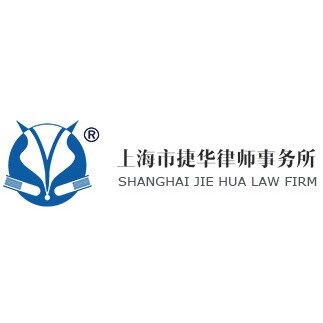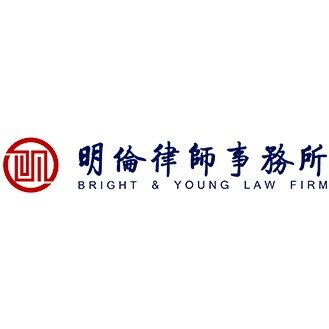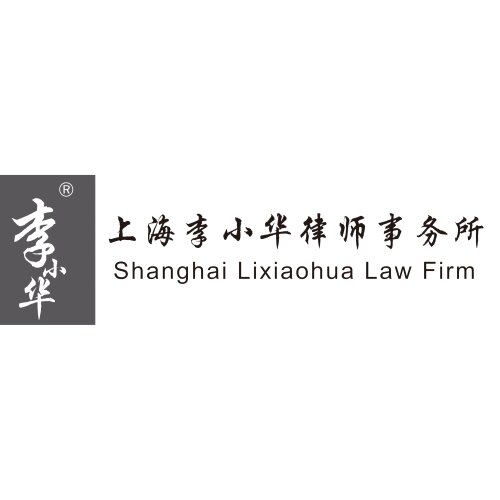Best Family Lawyers in Shanghai
Share your needs with us, get contacted by law firms.
Free. Takes 2 min.
Free Guide to Hiring a Family Lawyer
List of the best lawyers in Shanghai, China
China Family Legal Articles
Browse our 1 legal article about Family in China written by expert lawyers.
- Divorce in China 2025: 50/50 Asset Division Not Guaranteed
- China follows an "equal but not necessarily 50-50" principle for dividing marital property, and courts now more often give an unequal share in short-term marriages or where one spouse contributed significantly more (especially to buying a home). Pre-marriage assets usually remain personal, but income and gains generated during marriage (rent,... Read more →
About Family Law in Shanghai, China
Family law in Shanghai, China, is a specialized area of law that deals with matters related to family relationships. This encompasses a variety of issues including marriage, divorce, child custody and support, adoption, and domestic violence. Given the importance of family in Chinese society, the legal framework is designed to protect the rights and responsibilities of family members and ensure fair and equitable treatment under the law. The family law system in Shanghai has seen numerous reforms to better address modern family dynamics and the challenges they present.
Why You May Need a Lawyer
Engaging a lawyer in family law matters can provide significant advantages, translating complex legal language into understandable advice and ensuring your rights are protected. Common situations where individuals might require legal help include:
- Filing for divorce and negotiating the terms of separation.
- Determining child custody arrangements and support obligations.
- Adoption processes and navigating international adoption laws.
- Protection from domestic violence and obtaining restraining orders.
- Drafting and reviewing prenuptial or postnuptial agreements.
- Inheritance disputes within the family.
- Enforcement or modification of existing family court orders.
Local Laws Overview
Family law in Shanghai is governed by a combination of national Chinese laws and local regulations, ensuring consistency across the country while allowing for regional variation. Key aspects of the local legal framework include:
- Marriage: Legal marriage requires registration with local authorities. Both parties must be of legal age and consent to the marriage.
- Divorce: Divorce can be initiated by mutual consent or through litigation if an agreement cannot be reached. Courts emphasize mediation and the best interests of children involved.
- Child Custody: Custody is typically awarded based on the child's best interests, considering factors such as the child's age, health, and relationship with each parent.
- Domestic Violence: Recent laws have strengthened protections against domestic violence, allowing victims to obtain restraining orders and seek legal recourse more easily.
- Adoption: Both local and international adoptions are regulated, with strict conditions to protect the welfare of the child.
Frequently Asked Questions
What is the legal marriage age in Shanghai?
The legal marriage age in China is 22 years for males and 20 years for females. Both parties must register the marriage with the local civil affairs department.
How is property divided in a divorce?
Property acquired during the marriage is considered joint property and is typically divided equally. Pre-marital property remains with the original owner unless otherwise agreed upon.
Can prenuptial agreements be enforced in Shanghai?
Yes, prenuptial agreements are generally enforceable as long as they are legally drafted and voluntarily agreed upon by both parties.
How are child custody disputes resolved?
The court considers the best interests of the child, including their relationship with each parent and the parent's ability to provide care. Joint custody or sole custody can be awarded based on circumstances.
What is the process for adopting a child in Shanghai?
Adoption involves strict vetting procedures to ensure the welfare of the child. Prospective parents must meet certain age, health, and financial requirements and work through authorized agencies.
How can I protect myself from domestic violence?
Victims of domestic violence can apply for protection orders through the courts. Law enforcement agencies also provide immediate assistance and supportive services.
Are foreign marriages recognized in Shanghai?
Yes, as long as the marriage is legally recognized in the country where it was conducted, it will generally be recognized in China.
What are the grounds for divorce under Chinese law?
Common grounds include mutual consent, continuous separation for more than two years, irreconcilable differences, and evidence of domestic abuse or infidelity.
Is mediation required before a divorce can be finalized?
Court mediation is often encouraged to resolve disputes amicably, especially when it involves child custody and asset division.
How can I change my child's legal name after divorce?
Both parents must agree to the name change, and it's subject to approval by the local household registration authority.
Additional Resources
For additional support and information, consider reaching out to the following resources:
- Shanghai Civil Affairs Bureau: Handles marriage registration and family-related civil matters.
- Shanghai Family Court: Provides information on legal proceedings related to family disputes.
- Women's Federation: Offers support for issues related to women's rights and domestic abuse.
- Legal Aid Centers: Provide free or low-cost legal advice to individuals who qualify.
Next Steps
If you require legal assistance in family matters, consider taking the following steps:
- Consultation: Schedule a consultation with a qualified family law attorney to discuss your case.
- Documentation: Gather all relevant documents and evidence pertaining to your case to present during legal consultations.
- Research: Educate yourself about your rights and responsibilities under local family laws.
- Mediation: Consider mediation as a first step to resolve disputes out of court, which can be less costly and stressful.
- Legal Representation: Hire a lawyer to represent you in court if your case proceeds to litigation.
Addressing family legal matters can be challenging, but informed decisions and professional legal guidance can help achieve positive outcomes.
Lawzana helps you find the best lawyers and law firms in Shanghai through a curated and pre-screened list of qualified legal professionals. Our platform offers rankings and detailed profiles of attorneys and law firms, allowing you to compare based on practice areas, including Family, experience, and client feedback.
Each profile includes a description of the firm's areas of practice, client reviews, team members and partners, year of establishment, spoken languages, office locations, contact information, social media presence, and any published articles or resources. Most firms on our platform speak English and are experienced in both local and international legal matters.
Get a quote from top-rated law firms in Shanghai, China — quickly, securely, and without unnecessary hassle.
Disclaimer:
The information provided on this page is for general informational purposes only and does not constitute legal advice. While we strive to ensure the accuracy and relevance of the content, legal information may change over time, and interpretations of the law can vary. You should always consult with a qualified legal professional for advice specific to your situation.
We disclaim all liability for actions taken or not taken based on the content of this page. If you believe any information is incorrect or outdated, please contact us, and we will review and update it where appropriate.
Browse family law firms by service in Shanghai, China
Shanghai, China Attorneys in related practice areas.













